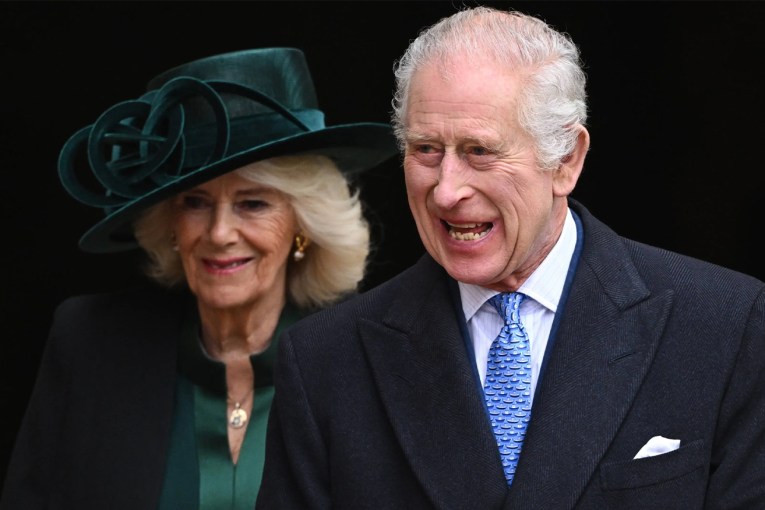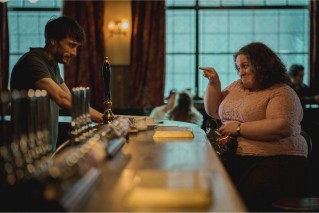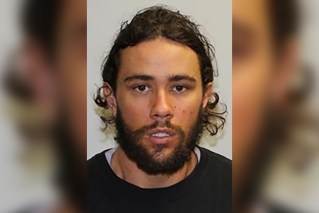World Sleep Day: A new study spoils the party

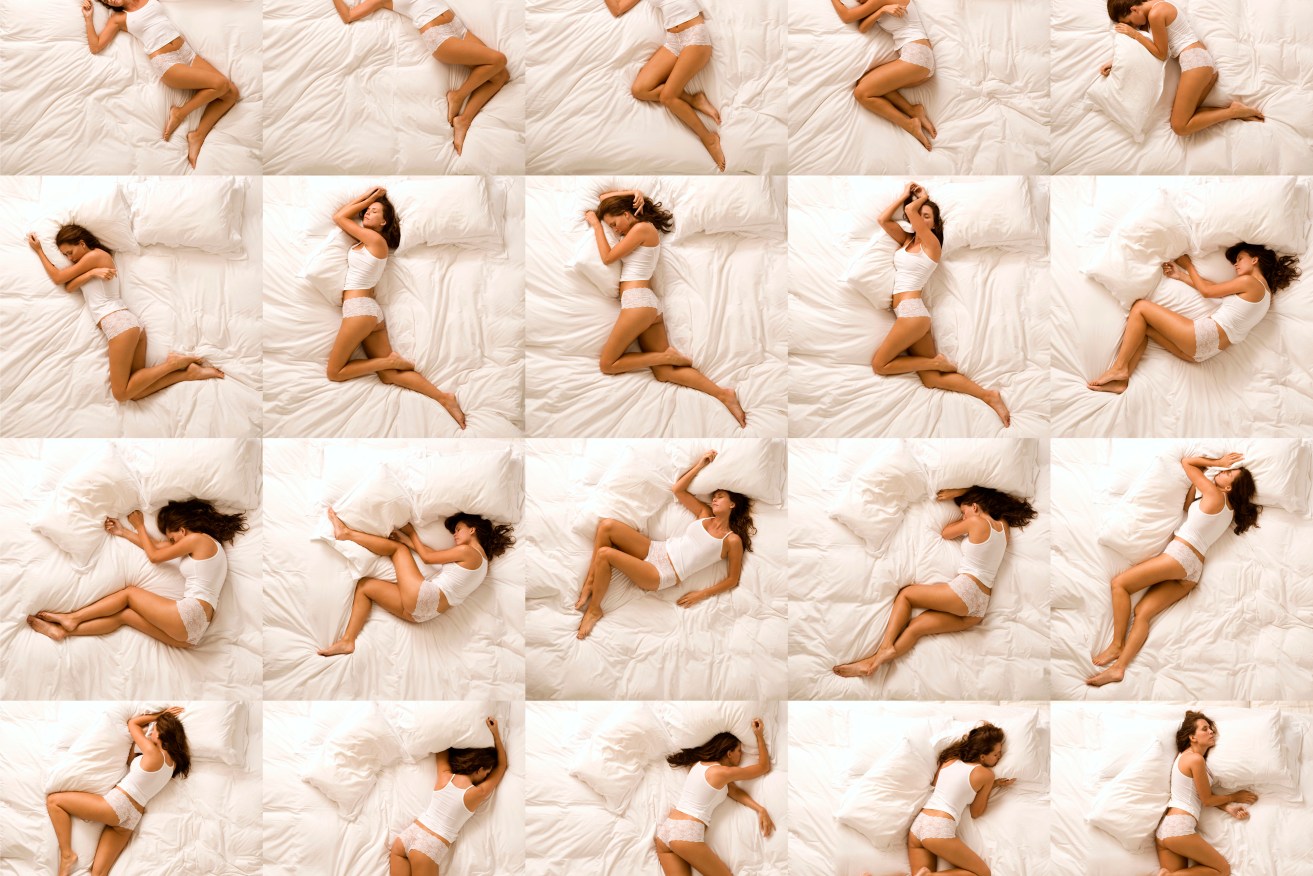
Nearly a third of adults globally never sleep the recommended seven to nine hours a night. Photo: Getty
Happy World Sleep Day. Yes, it’s a thing and has been since 2008.
Brought to you by the World Sleep Society – with the aim of lessening “the burden of sleep problems on society through better prevention and management of sleep disorders”.
And how’s that working out?
The research keeps piling up about the dangers of poor sleep.
Care to be alarmed?
People who suffer from insomnia are 69 per cent more likely to have a heart attack. This is especially the case for women.
The scientists who made this discovery called for insomnia to be listed as a modifiable risk factor for myocardial infarction. (Read our 2023 report here.)
Meanwhile, the Australian Heart Foundation is developing a similar policy that recommend doctors include the sleep behaviours when assessing their patients’ risk for heart disease.
It’s not just the heart that suffers. People with insomnia are twice as likely to develop depression as people who don’t have sleep disorders.
Further, poor sleep can trigger mania, psychosis or paranoia, or make existing symptoms worse. See our report here.
World Sleep Day coverage
Google ‘World Sleep Day’ and you’ll find a lot of discounted mattresses, and recipes for optimal sleep.
You’ll find arguments about whether couples should sleep separately or not – etc.
And perhaps best of all, “dreamy Australian poetry narrated by the singer Natalie Imbruglia”. That’s right, you can pay for Natalie to send you off to dreamland.
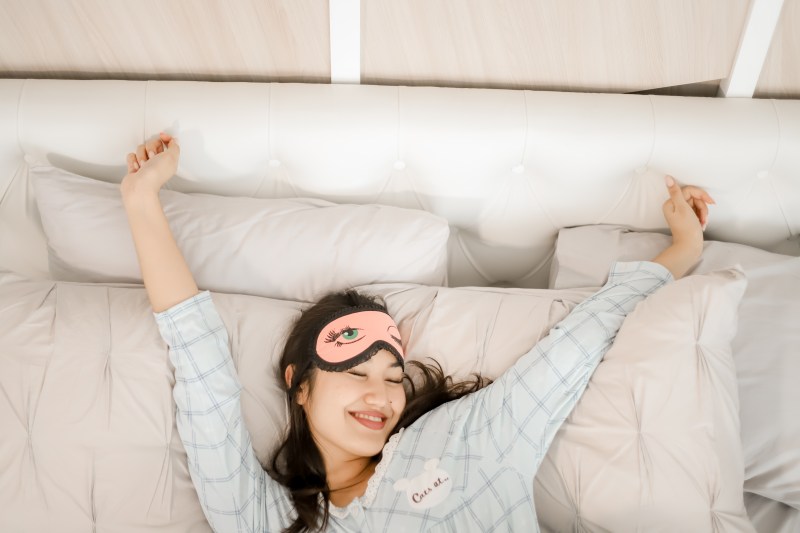
For most people, the idea of waking refreshed is as likely as winning the lottery.
Most significant, though, is a disheartening new study from Flinders University. It finds that almost a third of adults (31 per cent) are failing to get the recommended seven to nine hours of sleep a night. Night after night.
Most people who do manage seven to nine hours sleep only do so some of the time.
Indeed, only 15 per cent of people are enjoying seven to nine hours for five or more nights per week.
And among those who did achieve an average of those hours per night over the nine-month monitoring period, about 40 per cent of those nights fell outside the ideal range.
Flinders University researcher Dr Hannah Scott, in a prepared statement, said: “Clearly getting the recommended sleep duration range frequently is a challenge for many people to achieve, especially during the working week.”
The study
The Flinders research group used sleep tracker data collected by an under-mattress sensor to examine sleep durations over the nine-month period in almost 68,000 adults worldwide.
Female participants generally had longer sleep durations than males, and middle-aged people recorded shorter sleep durations than younger or older participants.
“Based on these findings, public health and advocacy efforts need to support the community and individuals to achieve more regular sleep within the recommended range for their age,” said co-author Professor Danny Eckert, director of Sleep Health research at Flinders University.
The researchers’ advice?
In the short term, people are advised “to try and maintain a sleep schedule that is sufficient for them to feel rested enough, as often as they possibly can”.
They say that keeping “a fixed wake-up time, even on weekends, and going to bed when you feel sleepy will help ensure you frequently get enough restorative sleep”.
Read more about their advice here.
The insomnia cure has a problem
In Australia, the US and Europe, psychotherapy is the first front-like treatment for chronic insomnia.
It’s a specialised form of Cognitive Behaviour Therapy called CBT-i. The ‘i’ stands for insomnia.
This puts mental health considerations front and centre when developing a personalised response to insomnia. Which is great.
CBT-i serves as a safer and more effective alternative to medication.
But, with a mental health crisis in play, it’s not so easy to get an appointment with a psychologist. Read our report here.
More of our sleep coverage
For our take on the best and worst sleeping positions, see here.
To learn how sleeping pills don’t work after a year or two, see here.
Adults when rocked to sleep do in fact sleep better, and enjoy improved memory.
The dos and don’ts of healthy napping: It’s all about the sweet spot.
Want to wake up refreshed and alert? This is what it takes.
